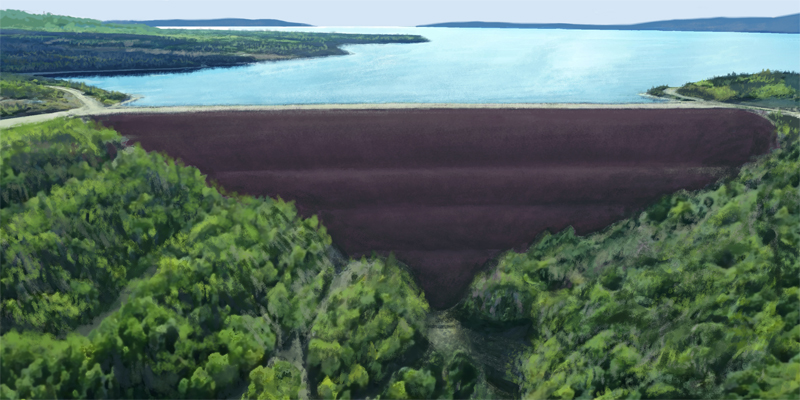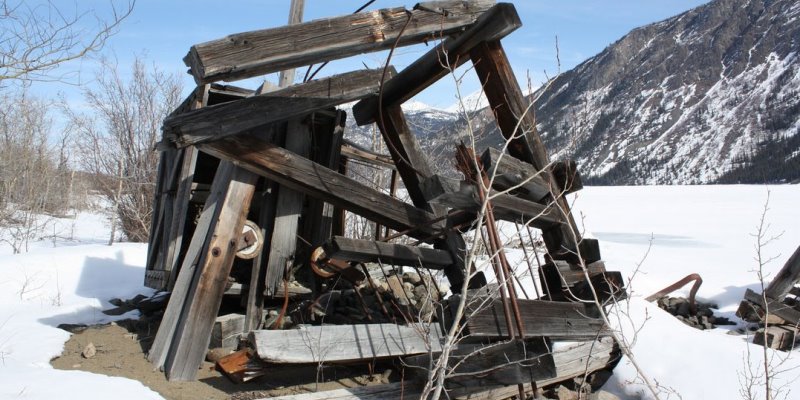Recent data demonstrates the negative impacts if treaties and agreements are not upheld.
aboriginal land claims
The muddy waters of aboriginal land claims and private property rights in British Columbia may have just cleared a little.
On Nov. 16, the Tsawwassen First Nation announced its interest in building a liquefied natural gas (LNG) terminal on Tsawwassen reserve land, south of Vancouver.
The past year has seen a lot of Canadians paying attention to aboriginal land rights.
A small community in northern British Columbia rejected a billion dollar LNG deal and recently announced it's seeking aboriginal title on land slated for a $36 billion LNG project.
Last summer, I wrote that the Supreme Court’s Tsilhqot’in decision, which for the first time granted Aboriginal title outside an Indian reserve, was going to be a real game changer and would “increase uncertainty in Canada’s natural resource sectors in areas lacking treaties with First Nations.”
More than 10,700 British Columbians were employed in the mining sector in 2013 with an average salary and benefits totalling $114,600. That same year, the mining industry contributed $511 million in revenues to the B.C. government. However, the industry faces an uncertain future.
Adoption of the Charter of Rights and Freedoms in 1982 made treaty and Aboriginal rights constitutional, though no one knew at the time what that meant. We are gradually finding out as the Supreme Court of Canada develops a new body of law.


